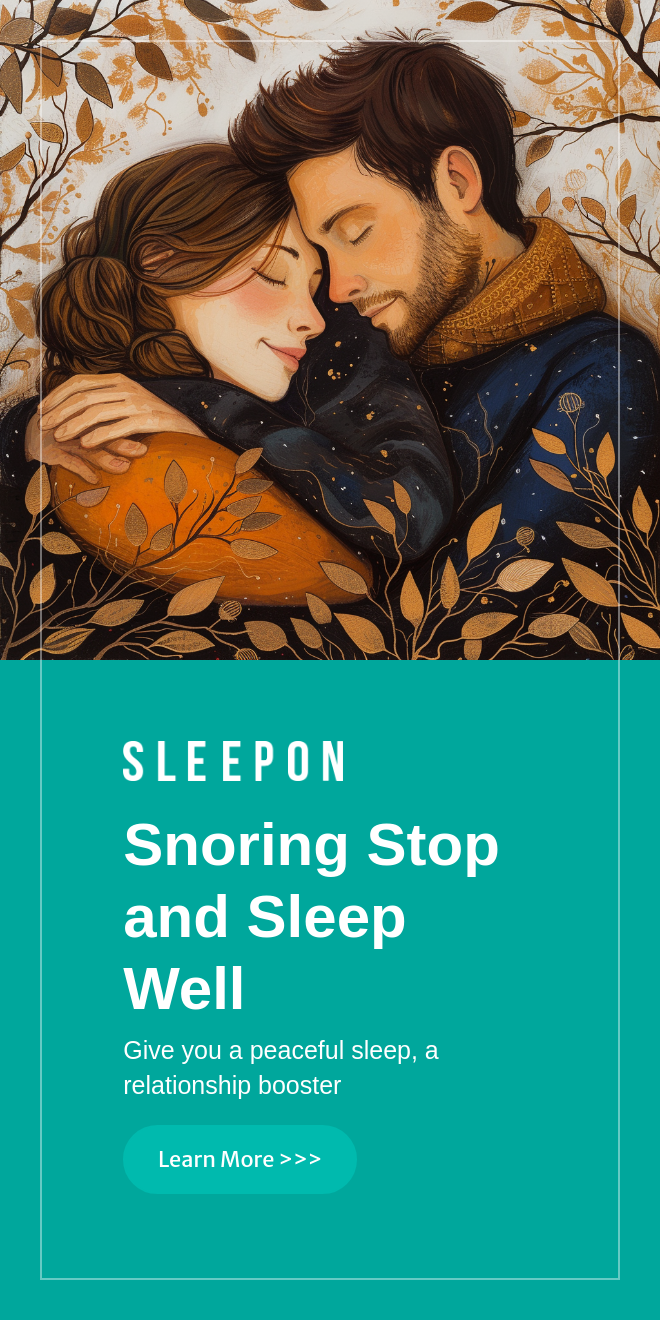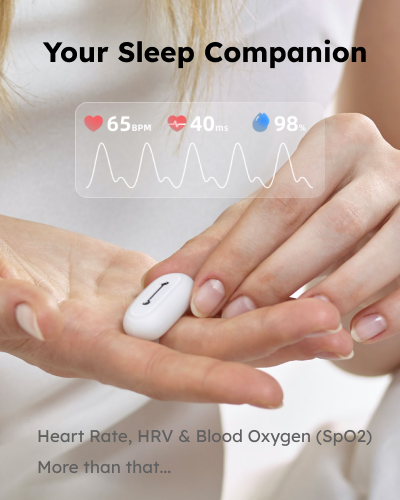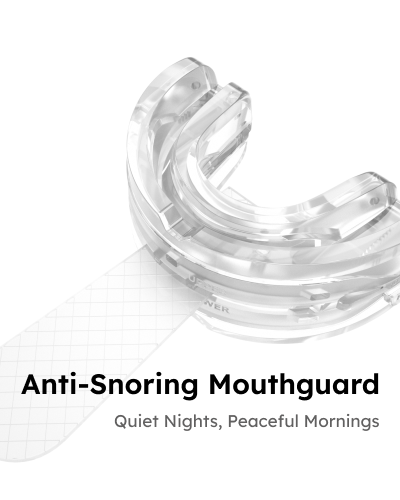What Are the Five Stages of Sleep Cycle? How to Improve Your Sleep Quality?
Sleep is essential for our physical and emotional wellbeing. It helps us recover from stress and keep our bodies in good shape. But many people struggle to fall asleep at night and stay asleep throughout the night. This article will explain the different stages of sleep and give you tips on improving your sleep quality.

Five Stages of Sleep Cycle
Scientists categorized sleep cycle into five stages based on the characteristics of our brain and body during the night of sleep. They categorized stage 1, 2, 3 and 4 as ‘non-REM (non-rapid eye movement) sleep’ whereas stage 5 is considered as REM (rapid eye movement) sleep. The amount of time you spend on each stage will have a big impact on how well you feel rested and how much energy you have during the day.
Scientist used brainwave frequencies and amplitudes from an electroencephalogram (EEG) differentiate these stages of sleep, along with other biologic rhythms including eye movements (EOG) and muscle movements (EMG).
Here are the five stages of sleep cycle:
Stage 1 of non-REM Sleep (Light Sleep)
The first stage of sleep is called light sleep. During this phase, our body temperature drops slightly. We often wake up during this stage because our brain sends signals to our muscles telling them to move. If we don’t get enough sleep, we might feel groggy and tired the next day.
During this stage, there is muscle tone present in the skeletal muscles. We also tend to breath at a regular rate at this stage.
In the meantime, we can probably still sense what’s going on around us. Therefore, we can usually get woken by noises or other disturbances.
Stage 2 of non-REM Sleep (Light Sleep)
Stage 2 follows Stage 1 and usually means deeper sleep, but it’s still considered as light sleep. We are less likely to get woken at this stage.
During this stage, our heart rate and breathing regulate, our body temperature goes down, our eye movement slows down until it completely stops, our muscles tend to relax.
Stage 3 of non-REM Sleep (Deep Sleep)
Even though stage 3 is considered as deep sleep, it still acts as the transition between deeper sleep (stage 4) and REM sleep (stage 5), in which our body temperature starts to rise.
At the same time, our brain waves slow down in stage 3 where our muscles relax and breathing slows even more. It’s also harder to wake up and we might feel at loss of direction if alarm rings. Research has used loud noises that are over 100 decibels but still couldn’t awake participants that were in deep sleep.
Stage 4 of non-REM Sleep (Deep Sleep)
In the stage 4 of non-REM sleep, we are in deep sleep where our brain waves further slow down. In this stage, our body starts tissue repair and growth, same as our muscles, because our blood flow increases to muscles. Besides that, the hormone for growth is released.
Stage 5 – REM Sleep
The final stage of the sleep cycle is stage 5, or REM sleep; it’s the stage where we dream. Our eyes move fast, and our breathing becomes shallow and rapid. Our body temperature regulation is off, even our body (mainly arms and legs) are paralyzed to stop us from acting our dreams. In addition, this stage is where scientists believe is to benefit for memories, learning and problem solving.
Typically, REM sleep happens around 90 minutes into the sleep cycle.
How to Improve Your Sleep Quality?
Now, we know how many stages there are in the sleep cycle, but that’s just for people that can sleep normally. The reality is 40% of people reported having trouble sleeping, so here are some tips to help you improve the sleep quality:

- Understand your sleep cycle with a sleep tracker.
Recommended by both Sleep Foundation and Healthline, the Go2Sleep (Hot Summer Sale in $99) Tracker from Sleepon gives you a variety of rich data for its price. It can offer you the best value if you want to know more about your sleep cycle.
- Do regular exercise.
Exercise overall can reduce your stress, boost your mood, and eventually boost your ability to have better deep sleep, especially after an intensive workout. If you want to grow muscles, it’s even more important to have good quality fo sleep.
- Cut caffeine intake after noon.
Caffeine can stimulate the nerve system and keep us you awake at night, which in turn disrupt us from having deep sleep. Avoid caffeine after noon because caffeine stimulates the nervous system and keeps us awake. Shorter sleep significantly cut down our deep sleep period and REM sleep.
- Keep your bedroom cool
Studies find that between 60 and 67 degrees Fahrenheit is the best for people to fall asleep at night. Don’t forget to make your bed and pillow comfortable as well.
Conclusion
It’s always important to know our own body and health, sleep health is no exception. Therefore, we covered five stages of sleep cycle to better understand ourselves. Also, we know not everyone can sleep normally so we provided some tips to improve your sleep quality.
In the end, have a sleep tracker is essential to indicate rich data about your sleep cycle, which will also give you an idea what you need to do, what you need to avoid to better your sleep at night.
As the Best Valued Sleep Tracker in 2022, Go2Sleep gives you a variety of data, including your heart rate, blood oxygen, AHI, HRV, and more. All of this information are definitely needed to know about your sleep cycle.
References
What Are The Stages Of Sleep & What Does Each Stage Do?
The 5 Stages of Sleep: Sleep Cycle Center: Sleep Specialists
5 Stages of Sleep & Sleep Cycles | American Sleep Association
Recent Posts
ALL ARTICLES
Subscribe Us
Products
Company
Copyright © SLEEPON. All rights reserved.
SLEEPON keeps both Sleeponhealth and Sleepon.us due to the brand upgrading. We promise to provide the same products and service in both sites.








Leave a Reply